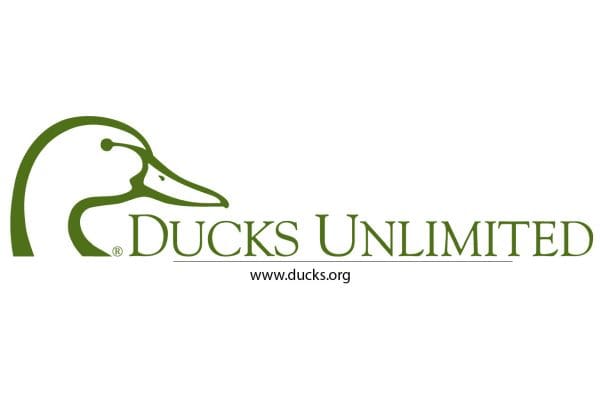Ducks Unlimited Updates Prairie Drought Conditions, Releases Podcast Episode

In the latest episode of the Ducks Unlimited podcast, Dr. Johann Walker and Dr. Scott Stephens join the podcast to provide an armchair view of habitat conditions in the U.S. and Canadian Prairies and openly speculate about what we should expect for the 2022 breeding duck population and production. While winter and early spring storms refilled wetlands in North Dakota, Manitoba, and the Canadian parklands, variable and dry conditions remain across important breeding regions of Montana and southern Saskatchewan and Alberta.
“Record-setting spring blizzards have significantly improved waterfowl breeding habitat in the U.S. and Canadian prairies,” said DU CEO Adam Putnam. “Runoff from April snowstorms in North Dakota and Manitoba have filled shallow wetlands, attracting breeding pairs and initiating a strong breeding effort in the eastern Prairie Pothole Region. Unfortunately, spring snow missed key prairie regions of Alberta, Saskatchewan and Montana, and those areas continue to be dry. Farther north, winter snowfall was above average in the Boreal Forest and Alaska, which will again yield quality breeding conditions in those landscapes. However, low production during the 2021 drought likely means this year’s breeding population will be one of the smallest in over a decade. Upcoming May surveys by state and federal partners will provide a more quantitative assessment of population levels and wetland conditions.”
To listen to the latest DU podcast episode, click here.
Ducks Unlimited Inc. is the world’s largest nonprofit organization dedicated to conserving North America’s continually disappearing waterfowl habitats. Established in 1937, Ducks Unlimited has conserved more than 15 million acres thanks to contributions from more than a million supporters across the continent. Guided by science and dedicated to program efficiency, DU works toward the vision of wetlands sufficient to fill the skies with waterfowl today, tomorrow and forever. For more information on our work, visit www.ducks.org.
